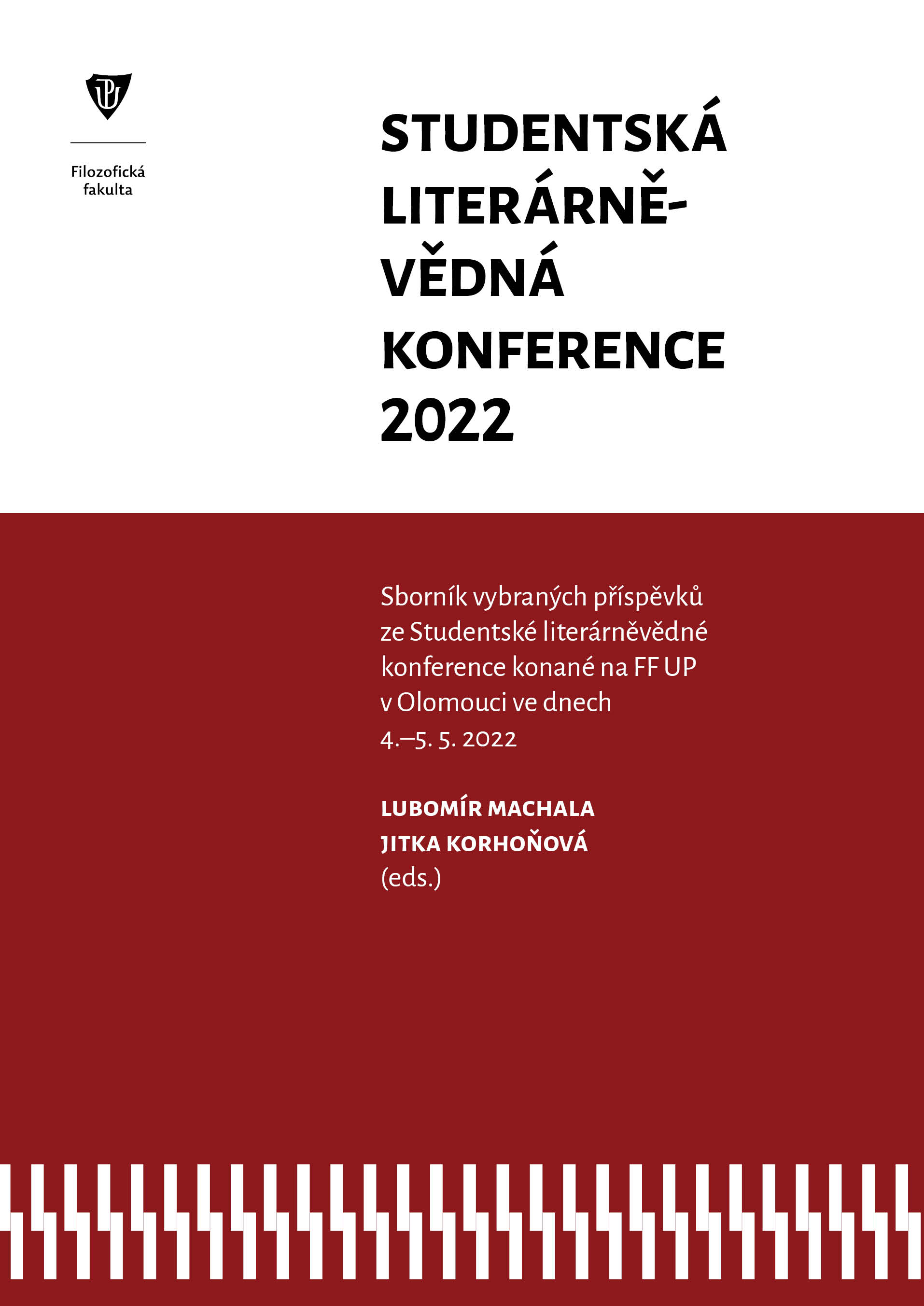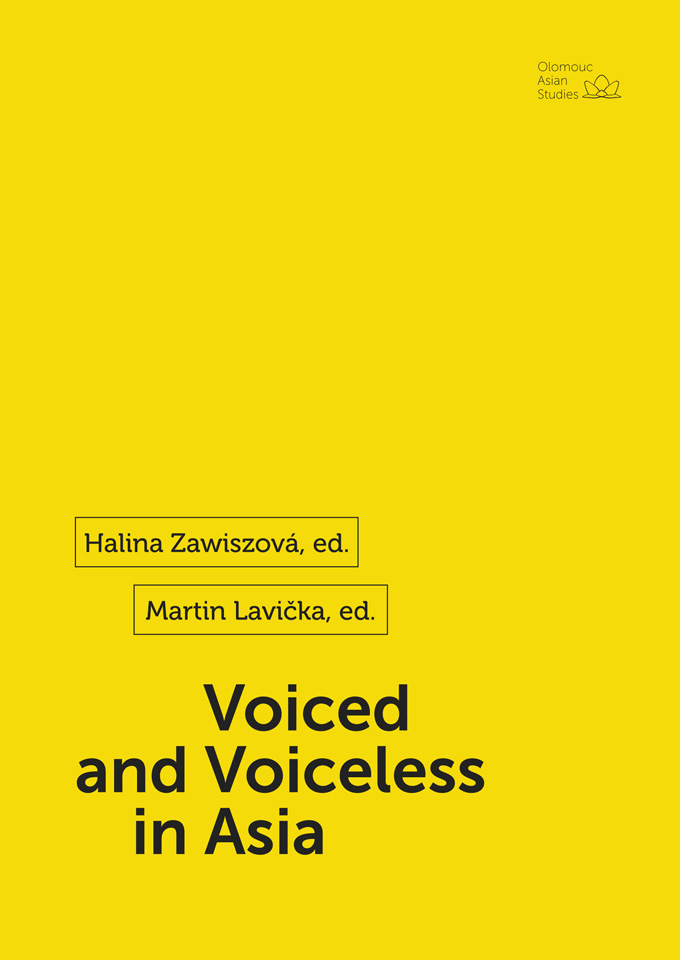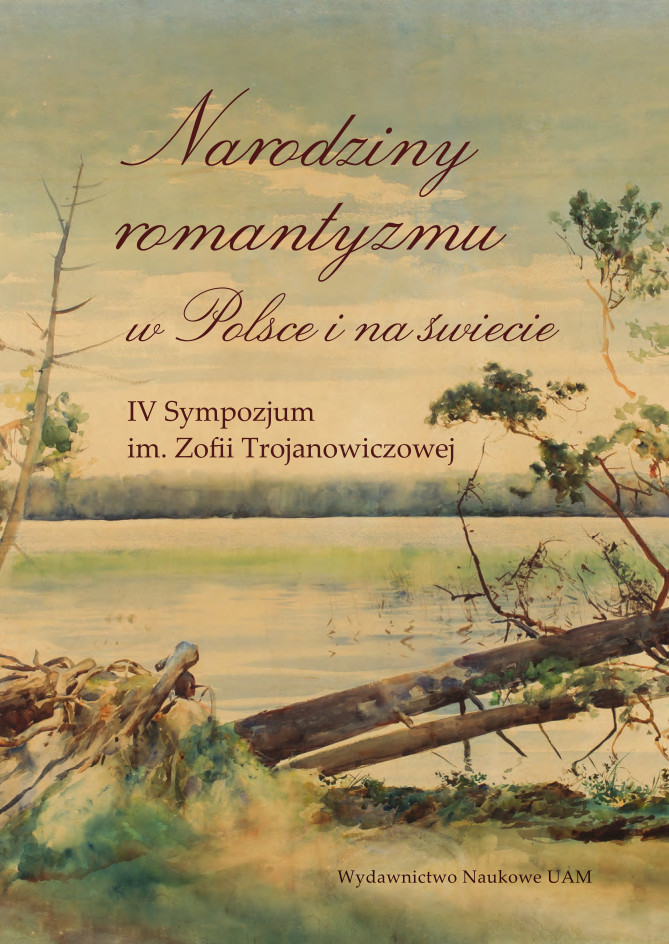
Poznámky k raným prózám Richarda Weinera
In 2020, a book of early proses by Richard Weiner was published under the title Přetržená nit a jiné rané prózy. In response to this publication we made an interpretation of selected texts focused on Weiner’s typical topics and motives. Our goals were to find specifics about this Weiner’s creative phase and try to make a reflection about question “How important are these early texts for author‘ s literary work as a whole.“
More...


